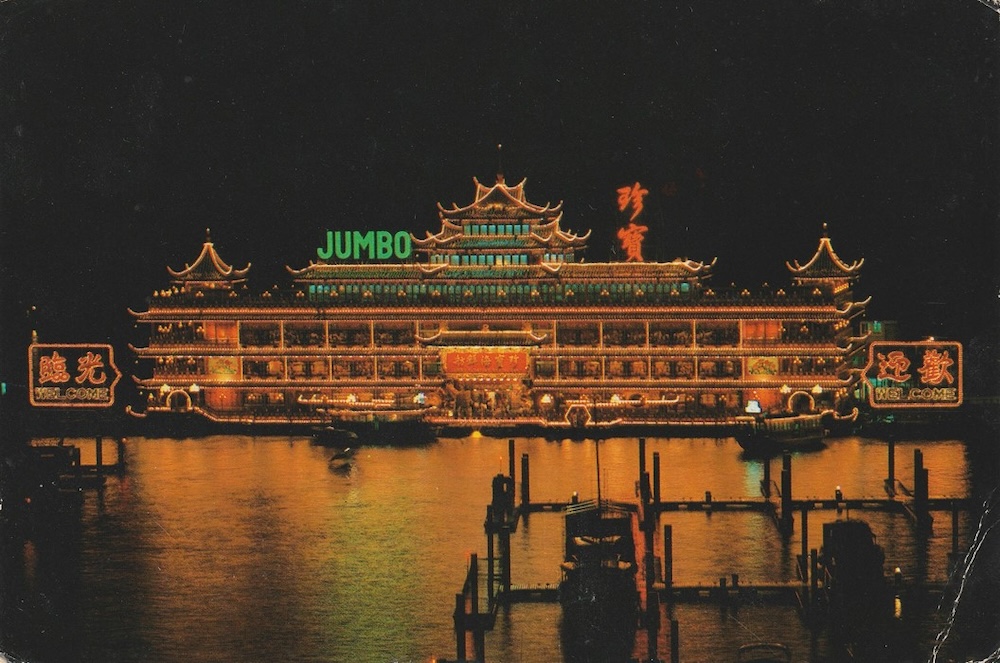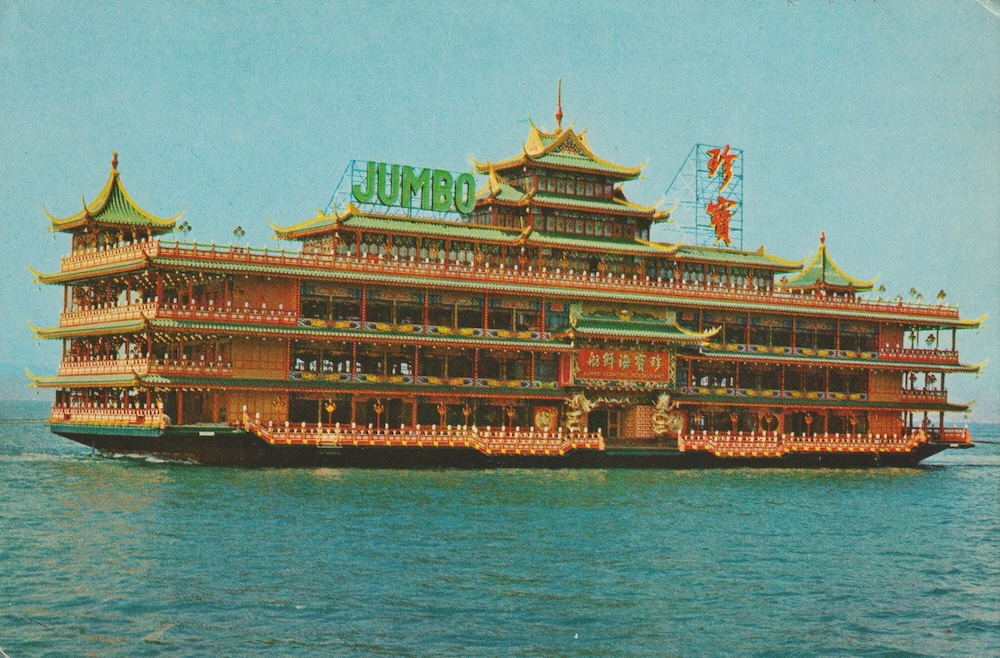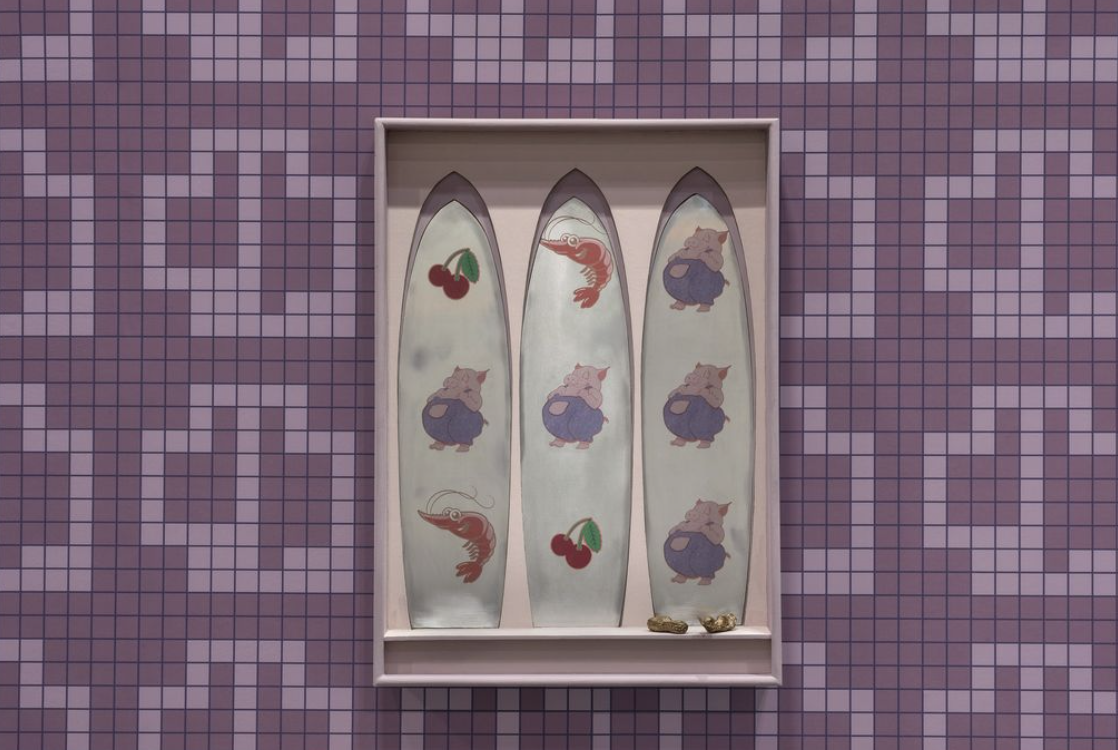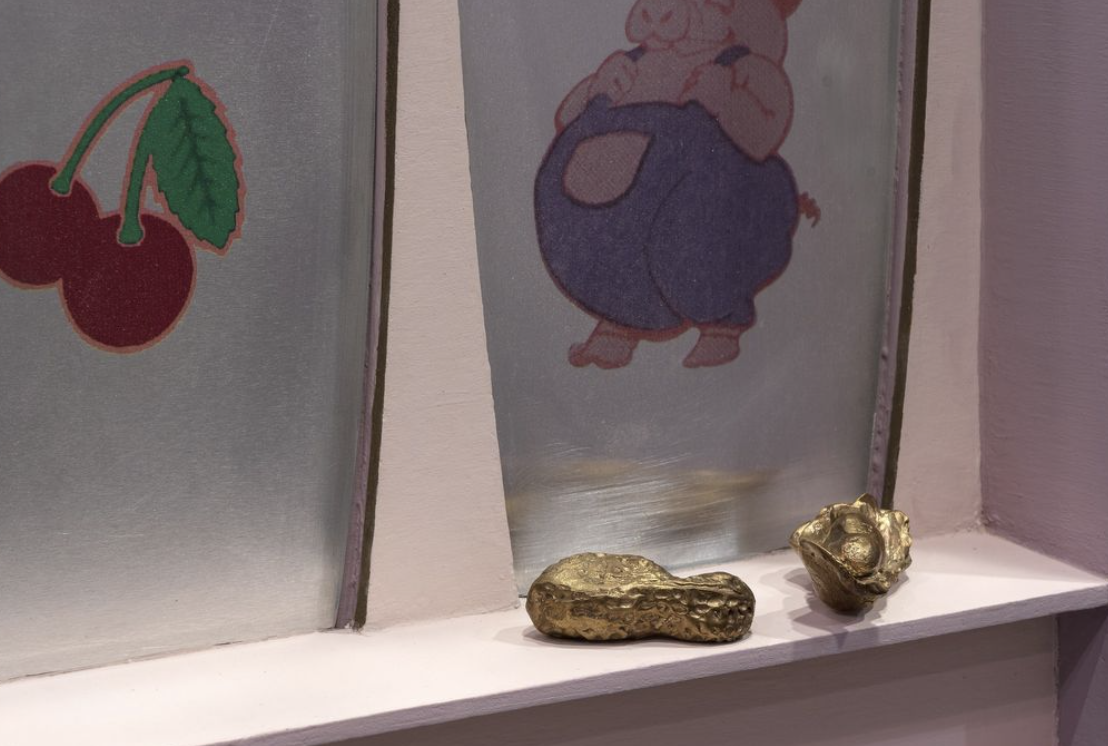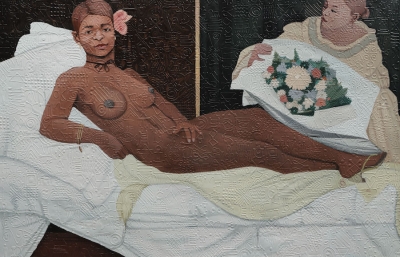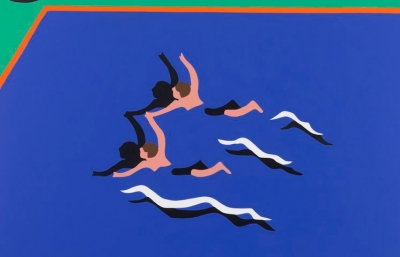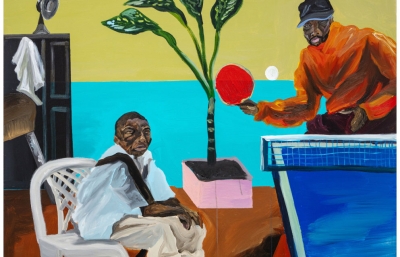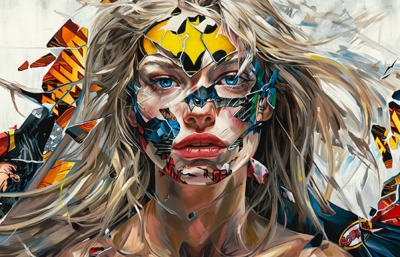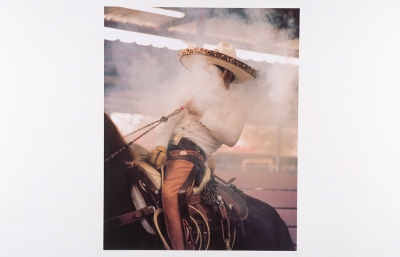For the 2024 edition of Art Basel Hong Kong, Public Gallery is pleased to present a solo booth of new works by London-based Taiwanese artist Steph Huang (b. 1990, Changhua, Taiwan), marking the gallery and artist’s first participation. Building on the artist's solo exhibitions at Goldsmiths Centre for Contemporary Art (2022) and the Taipei Fine Arts Museum (2022), the presentation examines cultural markers of playful indulgence, from marketplaces and restaurants to games of gambling and good fortune. For Huang, these spaces act as conveyors of intersecting colonial legacies, investigated through the architecture and interior design, ingredients and local traditions, and poetics of etymology and translation. Presenting several glass-blown, cast metal, and wooden sculptures, the artist remarks on the serendipity and precarity of exchanges that take place around what and where we eat.
Food, one of the oldest forms of exchange between cultures, has always been a central subject to Huang, who has spent time researching markets throughout the world including in London, Paris, Venice, Taipei and most recently Hong Kong. Huang’s interest in local food traditions stems in part from her years working as a chef, bearing witness to the social intricacies and cultural spirits that inhabit our food.
Huang’s presentation takes the form of a deliberately ambiguous “Asian” restaurant-marketplace. A metal sculpture balances glass-blown prawns along its edge like a cocktail tray, the precarity of the light pink sculpture mirroring that of our natural environment, caused in part by overfishing and pollution. A free-standing metal cylindrical basin is filled with hand-folded copper fortune cookies – a commodity that once originated in Kyoto but was brought to California by Hong Kong merchants and eventually ended up in global Chinese restaurants to the delight of Americans. The side of the basin reads the text The Fortune You Seek Is In Another Cookie, a cheeky stance on seeking wealth and good fortune through a combination of effort, luck, and eating one too many snacks. Considerations around luck and prosperity continue in a wall-based sculpture titled The Liberty Bell (2023) depicting a winning slot machine with three pot-bellied pigs aligned along the centre axis, the cartoon figure’s round belly re-emphasising the pig’s symbolic representation of overindulgence.
Two laminated wooden panel paintings enshrine found postcards from the 1970s, depicting Hong Kong’s ‘Jumbo Kingdom’ – a recently closed, now accidentally capsized, floating restaurant which for over half a century served as a prime destination for investors, politicians and foreign tourists, offering seafood dishes in an overtly exotic and ‘oriental-themed’ Chinese imperial palace. The grid-like background pattern references mahjong bricks, reinforcing the notions of games of risk and fortune. Taking restaurants like Jumbo Kingdom as sites of inquiry, Huang examines how certain objects and symbols present across the food industry carry a visual and material economy that mobilises narratives of nationalism and ideology.
Huang brings together these various elements in a metal sculpture which reflects on the importance of water to Hong Kong’s culture and climate (water is often referred to as money in Cantonese). It takes the shape of an arched lamp with a marble bat-shaped base, its lamp shade resembling that of a water ripple. The bat coin symbol, often illuminated in neon, marks the entrance to a local pawn shop, many of which can be found along Nathan Road, closely entwined with the booming image of Hong Kong in the 50s and representing wealth and good business. The pleasures of wealth and prosperity converge with the artist’s concerns for environmental damage caused by overfishing, overproduction, industry, and greed. In its entirety, the presentation questions how our collective behaviour implicates capitalist labour and the economy, while playfully remarking on the precarity and serendipity of trade and exchange.



